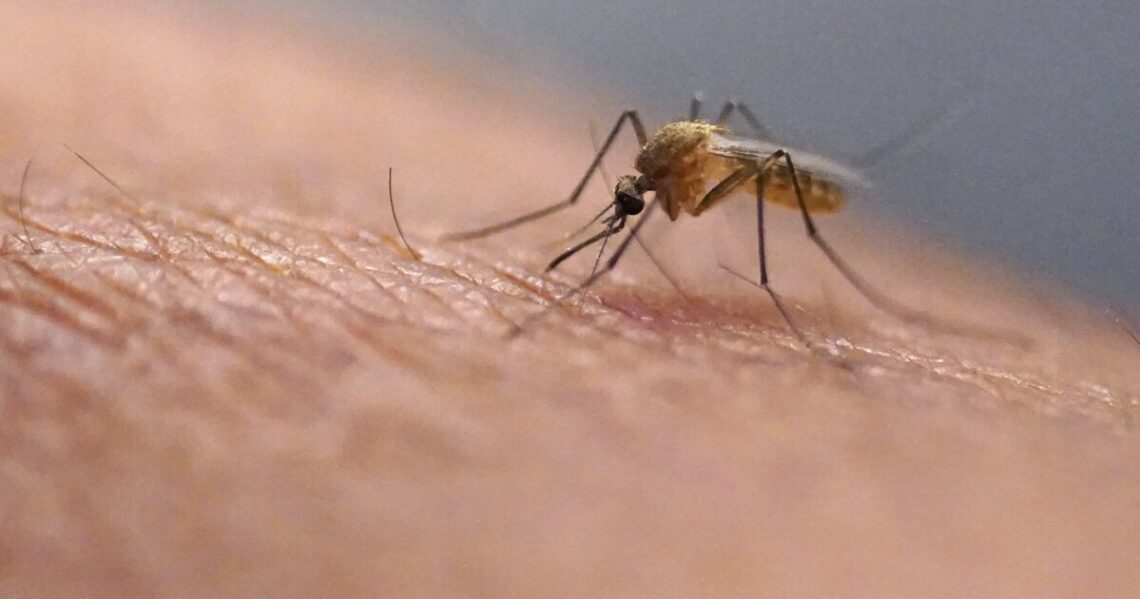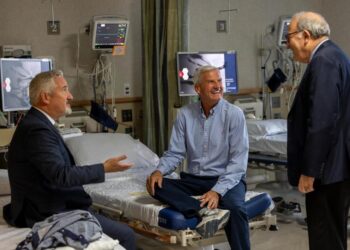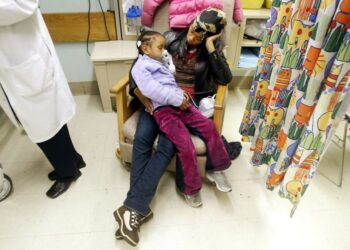In the 1970s and ’80s, Aedes albopictus mosquitoes came to the U.S. through the used tire trade. These stowaway insects, also known as Asian tiger mosquitoes, can carry viruses like dengue, Zika and chikungunya. They quickly adapted to city life in the southern, eastern and western U.S.
Since then, due to globalization and climate change, insects and the diseases they carry are spreading more widely around the world.
At a two-day workshop this week at the National Academies of Science, Engineering and Medicine in Washington, D.C., global public health experts warned that countries like the U.S. are not ready for this looming threat.
“If we don’t do anything, which is basically what we’re doing right now, it’s going to get worse,” Tom Scott, a medical entomologist and professor emeritus at UC Davis, said during the workshop. “The damage from inaction is enormous, it’s unacceptable. It’s unethical.”
The workshop focused on arboviral threats, which are mosquito- and tick-borne viruses that can cause harm to humans.
Tropical diseases that were once considered far away from the U.S. are becoming a presence. This year, the U.S. saw locally transmitted cases of malaria and a skin disease from tropical parasites. A Zika outbreak occurred in Florida and Texas in 2016-2017 and dengue has spread locally in the U.S. every year for over a decade.
The signs have long been obvious to tropical disease researchers.
“We don’t pay enough attention in the United States to what is going on in other countries. We just kind of watch it spread and we don’t prepare ourselves for that virus potentially coming to the U.S.,” Laura Kramer, director of the Arbovirus Laboratory at State University of New York at Albany, told the workshop attendees. “That happened with Zika,…
Read the full article here







